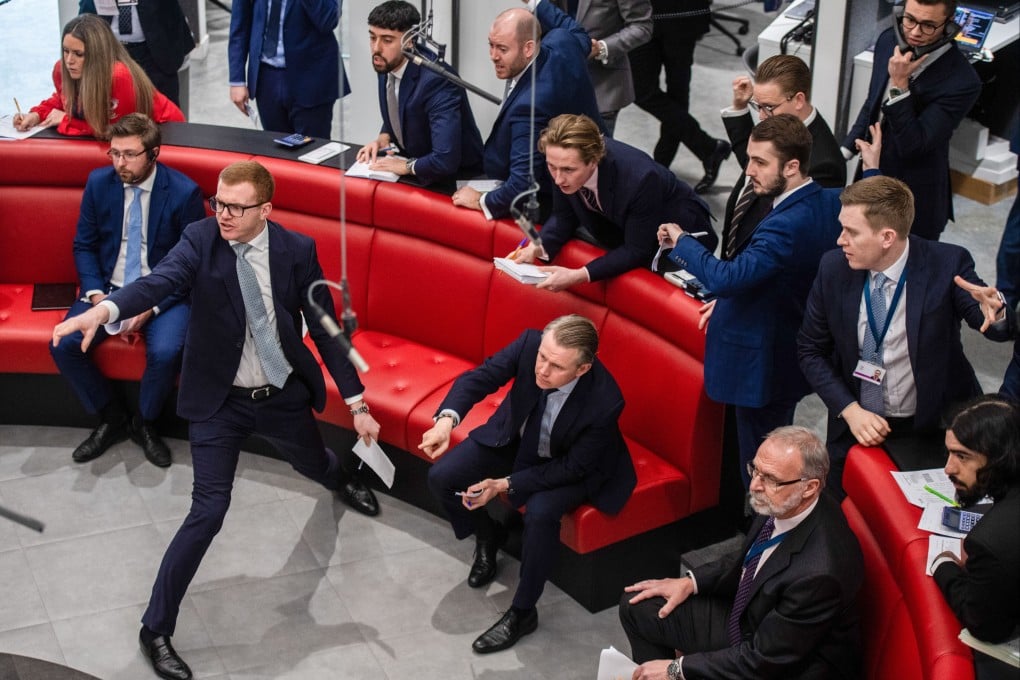Advertisement
LME had options to avoid cancelling trades during last year’s nickel crisis, funds say
- LME suspended nickel trades and cancelled trades on March 8, 2022, saying the market had become ‘disorderly’
- A judicial review in London is considering claims by Elliott Associates and Jane Street Global Trading that they were disenfranchised by LME’s response
Reading Time:3 minutes
Why you can trust SCMP
0

Chad Brayin London
The London Metal Exchange (LME) made a “wholly unprecedented decision” to cancel nickel trades in March 2022 when it had other less extreme options at hand after a surge in nickel prices forced it to suspend trading last year, according to two funds suing the bourse in London.
Among its options, the Hong Kong Exchanges and Clearing (HKEX)-owned bourse could have set the margin price at the closing nickel price on March 7, the day before it suspended trading, according to Elliott Associates and Jane Street Global Trading. That would have avoided potentially billions of dollars in margin calls, the funds said in a court filing.
“It is really no exaggeration to say this decision sent shock waves through the commodities markets here and elsewhere,” Elliott’s lawyer Monica Carss-Frisk argued in the first day of a three-day judicial review hearing in London’s High Court on Tuesday.
Elliott and Jane Street are seeking nearly US$472 million in combined damages, arguing the bourse’s actions violated their rights under the European Convention on Human Rights.

The closely watched trial comes just over 15 months after the nickel market descended into chaos in March of last year as the metal’s price soared more than 270 per cent over a three-day period following Russia’s invasion of Ukraine, triggering nearly US$16 billion in margin calls.
Advertisement
Select Voice
Choose your listening speed
Get through articles 2-3x faster
1.1x
220 WPM
Slow
Normal
Fast
1.1x